After taking a break from the inner workings of Westview to explore the goings-on outside the town, WandaVision picked up right where it left off in sitcom history and tackled the 1980’s “On a Very Special Episode…”.
I discussed at length in my “Now in Color” analysis about how the time period of the 1970s is incongruent with the episode’s pregnancy and childbirth storyline. People were still giving birth in that era, obviously, it just wasn’t as common a trope seen in sitcoms as the decades before and after it. Fortunately, this episode’s 1980’s theme works very well with the plot it plays backdrop to, and goes beyond period-accurate clothing, a Growing Pains living room replica, and a nice homage to the classic intro of that show and other 80’s sitcoms like Family Ties and Full House. This is the part of WandaVision I’d been looking forward to the most; the sitcom is in full swing but now we have the MCU mystery to juxtapose it against. The choices made in emulating and subverting tropes often seen in 80’s media are a key part of the story; they’re less fluffy and more meaty than some of the antics seen in earlier episodes.
Kids Grow Up So Fast

To start off, we get to see Billy and Tommy at three different ages in this episode: babies, young children, and 10-year-olds. The babies suddenly advancing a few years in age during the show’s cold open is a nod to how many old sitcoms would introduce a new baby to the central family unit only to age them up a few years the next season, but it’s also a key part of the plot, as is the inclusion of the “can we keep him?” trope with the dog. Hopefully, this episode made a lot of viewers understand why Marvel chose to go all-out on the sitcom stuff and that it’s more than just a stylistic choice.
The twins are 10 years old for most of the episode, which is just the right age for them to learn one of the cheesy life lessons that were a hallmark of 80’s family media, complete with some gentle, sappy music to underscore it. But of course, despite being the one to deliver said lesson to her children, it’s Wanda who is having the most trouble applying it to her life. While Westview is supposed to be an idyllic and quaint town, there are some sad things that can’t be fixed even there. But Wanda knows there’s a world outside of Westview, and things are a lot more complicated outside her self-imposed bubble. She says one thing to the boys about not being able to revive the dead, while simultaneously doing the opposite of what she’s preaching with Vision.
The Bubble is Ready to Pop
Wanda obviously wants everyone in town – especially her family – to live in ignorant bliss, but the façade is starting to crack. The S.W.O.R.D. team is figuring out increasingly effective ways to break in (this week they sent in what they wanted using technology from Westview’s current era so it wouldn’t be altered upon entry) and Vision is catching on to what Wanda is doing. The biggest subversion of an 80’s trope in this episode comes when Wanda rolls the credits on Vision’s concerns about their life but he continues his confrontation anyway, and eventually, the credits stop. Sitcoms may be known for their ability to resolve any problem in half an hour, but this scene makes it clear that those days are over in Westview.
In discussing the episode’s presentation of how sitcom tropes aren’t really true-to-life I have to mention everyone’s favorite neighbor, Agnes. Her frequent and well-timed stops by Wanda and Vision’s home are still humorous, but Vision’s comments about how she shows up with exactly what the family needs, exactly when they need it point to something being up with her. We see early on in this episode that she definitely knows what’s up to a degree, but it seems like she’s more attuned to Wanda and her family more than everyone else in Westview and Vision pointing out how odd her convenient behavior is means we’re going to find out more about her down the line.
WandaVision only has two more decades to cover (well maybe three if the 2000’s and 2010’s are combined). If these kinds of parallels between the era and the situation continue, the cynicism of the 1990’s and beyond is going to play a role in these next episodes and things are going to break down even further.







